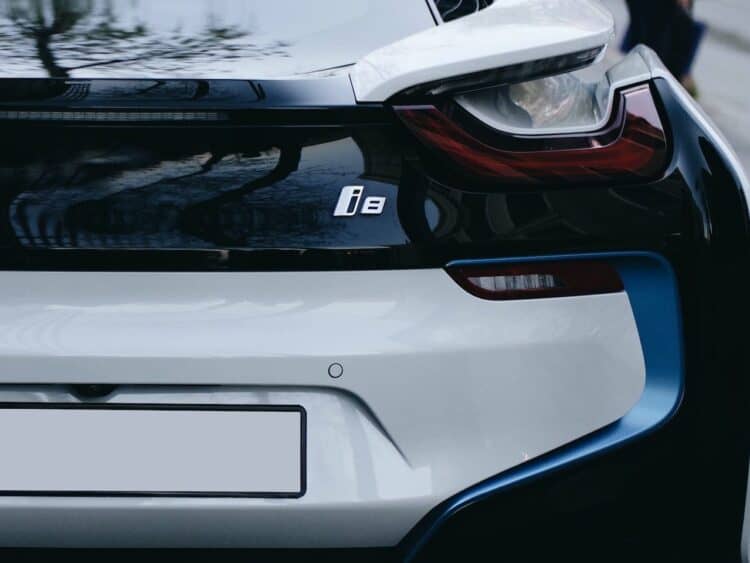Canalys research reveals that in Q1 2023, electric passenger vehicles equipped with standard Level 2 (L2) assisted driving systems, including imports, hit a wholesale volume of 826,000 units in Mainland China, capturing 62.2% of the market share. Volumes of new passenger vehicles featuring L2+ assisted driving technology (support both L2+ hardware and software) reached 175,000 units.
China's domestic brands are leading the market in the development and implementation of advanced assisted driving systems, capitalising on their early-entry advantages in the electric and intelligent vehicle sector.
These brands have an edge over other joint ventures in the planning and execution of smart assisted driving systems. Notably, the new emerging brands in automobile manufacturing hold a significant lead in the roll-out of high-level assisted driving systems.
Among the top 10 brands selling vehicles equipped with L2+ assisted driving, nine are domestic, representing 93.6% of the total L2+ installations. Among these, new emerging brands account for 70.6% of the total market.
As the technical roadmap for achieving L2+ assisted driving functions becomes clearer, Canalys expects most domestic brands with L2+ to increasingly capture the CNY150,000 (US$20,925) market.
There are five main autonomous driving SoC supply chain players:
Startups: Horizon, Black Sesame, Mobileye, Core Intelligence, Post-Mo Intelligence
Domestic consumer electronics chipset provider: Huawei
Overseas consumer electronics chipset providers: Nvidia, Qualcomm
Traditional automotive chip suppliers: Texas Instruments, Sari Self-developed
Automakers: Tesla, Leap Motor (owned by Dahua)
On the supply chain side in the market of electric vehicles equipped with standard L2+ assisted driving functions in Mainland China, Nvidia led the pack with a 44.2% market share, followed by Horizon with 15.1% in Q1 2023.
Nvidia has taken the lead in high-computing-power fields, capturing the high-end market in line with the “dumbbell” structure of the Chinese market, characterised by the dominance of both high-end and entry-level models.
Meanwhile, Chinese chip startups are differentiating themselves through their open collaboration models and are expected to further increase their market share.
The Chinese chip startups, while continually improving the computing power of their chips (with Horizon Journey 5 reaching 128 TOPS and Black Sesame A1000 Pro reaching 106 TOPS), have differentiated themselves from other models followed by Qualcomm, Nvidia as chip and solution providers, and Mobileye as a full-stack solution provider.
Instead, these startups participate in a more open collaboration style that involves vehicle manufacturers in product and platform development. This helps car manufacturers in personalising development, meeting the diverse needs of a “thousand vehicles, thousand faces” model, thereby continuously expanding to secure orders from vehicle manufacturers.
With further penetration of proprietary products into the mainstream market, these brands anticipate an increase in their market share.



